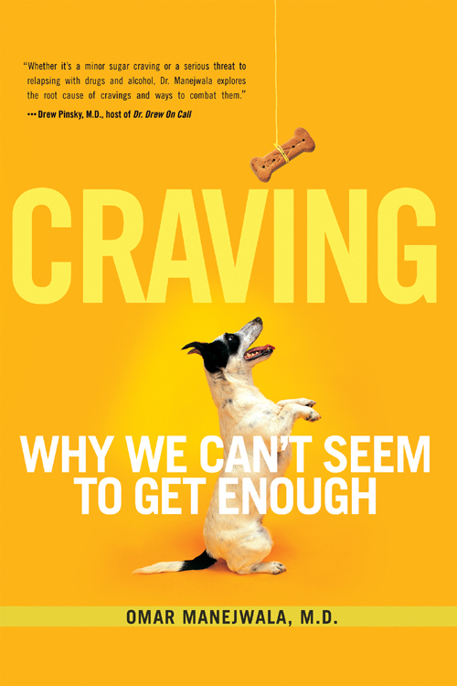
Craving
Why We Can't Seem to Get Enough
چرا نمیتوانیم آنها را برای گرفتن پول کافی گیر بیاوریم؟
فرمت کتاب
ebook
تاریخ انتشار
2013
نویسنده
Omar Manejwalaناشر
Hazelden Publishingشابک
9781616494612
کتاب های مرتبط
- اطلاعات
- نقد و بررسی
- دیدگاه کاربران
نقد و بررسی

March 18, 2013
In this thought-provoking volume, Manejwala—an M.D. and former medical director for the Hazelden Foundation, which provides addiction treatment—addresses the physiological roots of cravings and the role they play in alcoholism and drug dependency. (His use of the word “tricked” to describe what happens to people who succumb to temptation belies his position on addiction being more complicated than a simple choice.) The author lucidly explains the neurological changes that occur when cravings give way to addiction, and he offers practical ways to deal with and resist temptation, from getting involved in a community of folks struggling with similar issues to inventorying one’s behavior and finding an accountability partner. All advice is proffered sans judgment, and his suggestions are frequently wise: “You should ‘fail’ as many times as you need to in order to succeed.” In addition to generalized guidance of this sort, Manejwala also provides substance-specific tips for kicking a habit, whether your vice is smoking, eating chocolate, gambling, or compulsively using the Internet. A handy concluding appendix illuminates the “gap” between 12-step programs and cognitive therapy so readers can better understand which solutions might suit their needs.

June 15, 2013
According to Manejwala, psychiatrist and health management services company Catasy's chief medical officer, a recent study found 20 million Americans are in addiction recovery. The author contends that craving, a criterion for addiction according to the Diagnostic and Statistical Manual of Mental Disorders (DSM-5), fuels addiction, and he explores how it can be managed. Chapters review brain circuitry, the toxicity of shame, and similarities and differences among types of craving for chemicals, alcohol, and excessive behaviors, as well as neuroplasticity which refers to brain changes in response to input that make addiction a disease of choice. Well-established keys to recovery such as spirituality, altruism, and group involvement are advocated along with tips for handling specific cravings that include smoking, sugar, chocolate, gambling, and Internet compulsions. Major therapeutic approaches including 12-step programs, cognitive theories, and promising medication-based regimens are reasonably compared. Considerable up-to-date clinical information along with useful websites and research notes are conveyed in a concise and readable manner. VERDICT Probably too demanding for those with less damaging cravings but inspiring, practical, and insightful for individuals considering or participating in a recovery program.--Antoinette Brinkman, formerly with Southwest Indiana Mental Health Ctr. Lib., Evansville
Copyright 2013 Library Journal, LLC Used with permission.

























دیدگاه کاربران